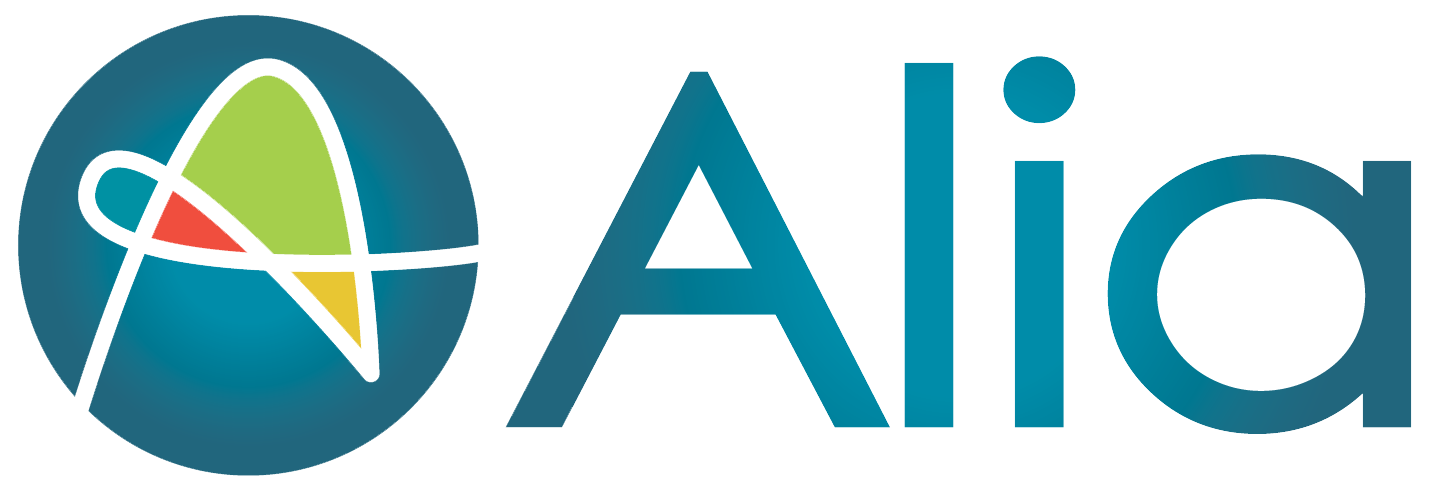History of Alia
Explore our timeline, starting with the mere concept of Alia through our work as an innovative organization today.

Before Alia, Amelia Franck Meyer was the CEO of a treatment foster care agency serving 90 counties in Wisconsin and Minnesota. During her 16-year tenure, Amelia and her team produced nationally recognized child permanence and placement stability outcomes for children in out-of-home care and was on the leading edge of promoting and measuring wellbeing for youth and the child welfare workforce and were the winners of many local, regional, and national innovation award. Amelia brought this work to Alia, known as Intensive Permanence Services. 83% of permanency

Amelia was awarded a Bush Fellowship in May 2015, around the same time she began convening think tank sessions with her “personal board of directors,” around the idea of launching an organization in which the system was her client. In addition to launching a new organization, Amelia used her fellowship to pursue a doctorate from the University of Southern California in organizational change and leadership.
Alia was formally launched in 2015 with sights set on transforming all organizations across the country who are entrusted with the welfare and wellbeing of children.

In 2016, Alia founder and Executive Officer, Amelia Franck Meyer, gave a talk at TedX Minneapolis on the Human Need for Belonging, highlighting the profound power of human connection and the deep need for belonging.
In May 2017, we hosted the Ten of Ten for Kids national convening where we brought together 100 innovators and thought leaders, including academics, child welfare leaders, impacted parents, and frontline workers together in Minneapolis to reimagine child welfare and answer the question: “What do kids and families need to thrive, and how do we build that?"
Instead, what we found is that the perfect system already exists: a family.

For three years (2018-2021), five jurisdictions representing 14 counties were part of Alia's UnSystem Innovation Cohort, committing to micro and macro shifts that would produce widespread, sustainable system changes to move toward family-centered prevention approaches to keeping families safely together.
-1.png?width=700&height=218&name=Untitled%20design%20(12)-1.png)
Alia has worked with Rock County Human Service Department leaders since 2019, beginning with leadership strategy and workforce wellbeing. After two years of readiness work on both the system and community sides, RCHSD launched Rock Families First: a movement to use a data-driven approach in child protective services, safely reduce the number of children removed from their families, and engage with families with increased satisfaction. After a co-design sprint in 2021, we are working alongside Rock County system staff and leaders as well as impacted parents to operationalize the ideas from the sprint into reality.
The child welfare workforce has long faced burnout, turnover, and compassion fatigue—challenges only intensified by the pandemic. Alia is transforming these realities by guiding leaders to co-create cultures of belonging. Grounded in research and years of experience, this next-level approach supports systems in attending to individual needs while reshaping organizational culture--leading to better, more sustainable outcomes for staff, leaders, and families.
Alia’s 2E Co-design (Ethical, Equitable Co-design) brings together those most impacted by the system with those who hold power, recognizing that those closest to the problem are closest to the solution. Before groups meet, we do critical readiness work—preparing system staff and community members to engage safely, build trust, and minimize harm. 2E Co-design creates a new table for collaboration, intentionally sharing power and honoring lived experiences. At its core, the process is about committing to act on the solutions and ideas that emerge from these authentic, equitable partnerships.
With a focus on equitable, ethical co-design, we continue to partner with impacted parents and families with first-hand experience of the trauma and negative outcomes that come from family separation to design new solutions that work for them. We influence mindsets and equip systems to then begin the work of transformation -- building UnSystems that keep kids home and support families.

